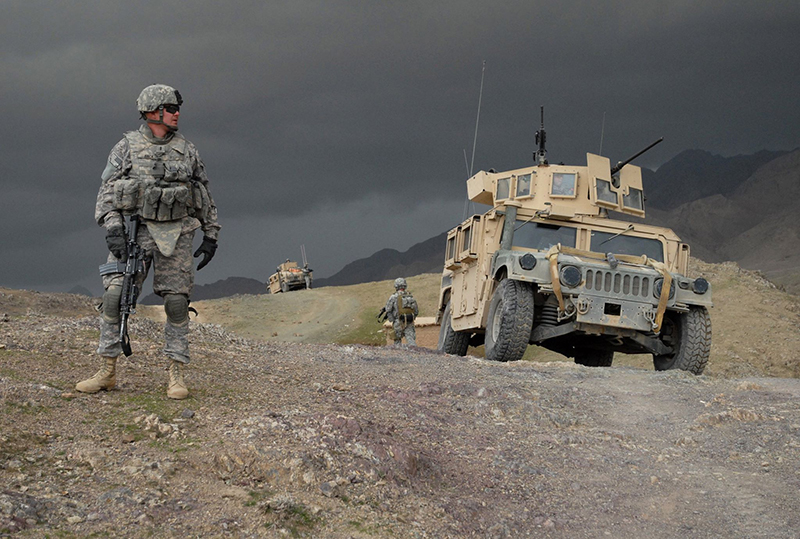Posttraumatic stress disorder

Posttraumatic stress disorder (PTSD) may develop when a person goes through one or more traumatic events such as sexual assault, serious injury, narrowly escaping death, domestic violence or watching a fellow soldier die on the battlefield. People with PTSD typically suffer from disturbing recurring flashbacks, hyperarousal, bad dreams, frightening thoughts, emotional numbness and strong feelings of depression, guilt and worry.
Exposure therapy, a Cognitive Behavior Therapy (CBT) technique, is the most widely employed tool to help victims manage PTSD symptoms. By helping patients to confront—rather than avoid—the memory of the traumatic event, exposure therapy techniques support the ability to overcome anxieties and fears. Using other relaxation techniques, victims slowly gain control over responses to traumatic events and learn to cope in a much better way. Exposure therapy has been found to be very effective in treating PTSD, and has a high success rate in treating patients with specific phobias.
Virtual reality, with its advanced visual immersion devices, specially programmed computers, and three-dimensional artificially created virtual environments, takes exposure therapy to a whole new level—allowing the patient to confront a traumatic experience in a safe and controlled manner.
The most extensive research regarding the applications for VR-based therapy for treating posttraumatic stress disorder was funded by the Office of Naval Research, starting in 2005. This initiative was part of a program to develop new technologies to assist combat veterans of Iraq/Afghanistan in managing PTSD symptoms.
Using new software, hardware, simulations, physiologic monitoring (biofeedback), skills training and therapeutic methods based on Virtual Reality, VRMC (Virtual Reality Medical Institute’s California-based affiliate), designed, developed, tested and clinically validated VR and biofeedback in a randomized clinical trial carried out at Balboa Naval Hospital and Camp Pendleton Marine Base in Southern California. The development began after holding focus groups with returning military men and women, to bring in the content and cues that were most important to them as the end users.
The advantage of this VR-based Graded Exposure Therapy (VR-GET) is that it helps patients who find it difficult to identify or talk about a traumatic event—which impacts the ability to learn the required skills to cope with a number of anxiety-inducing situations.
In this setting, the combat veteran relives the traumatic episode in a simulation that captures the essential elements of the event—all in a safe and controlled manner—while trying to recognize and manage any excessive autonomic arousal and cognitive reactivity.
VRMC’s VR system and protocols are now in use in active duty and veteran’s facilities throughout the U.S. as well as in Poland and Croatia, to serve coalition troops. It is now with great pride that we announce that Virtual Reality Medical Institute, VRMI, will be the first to offer this treatment in Western Europe. For more information, or to schedule a consultation session, please email us at research @ vrphobia.eu.
